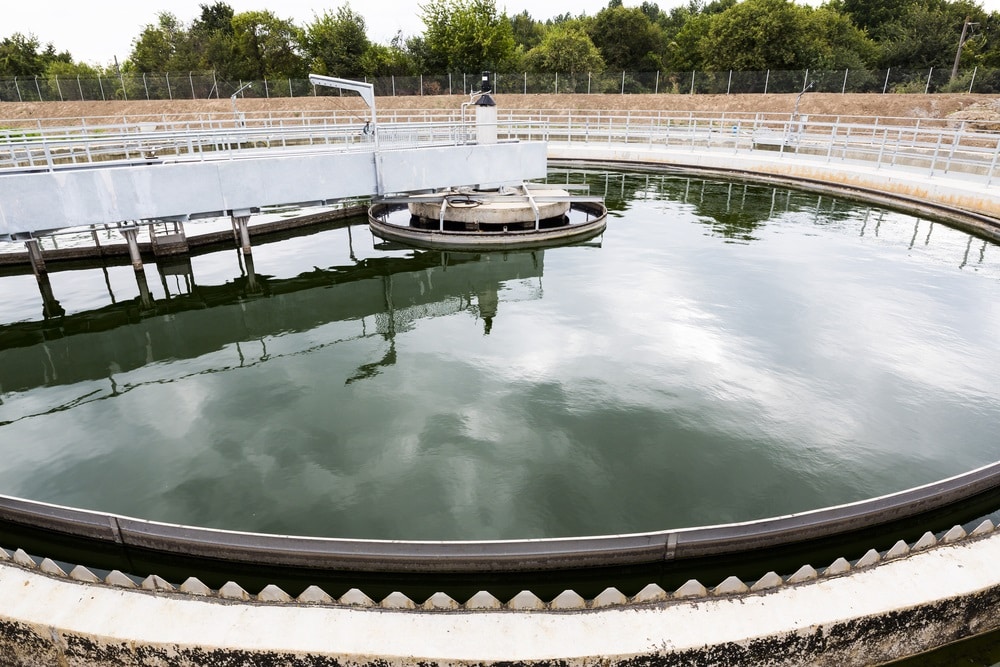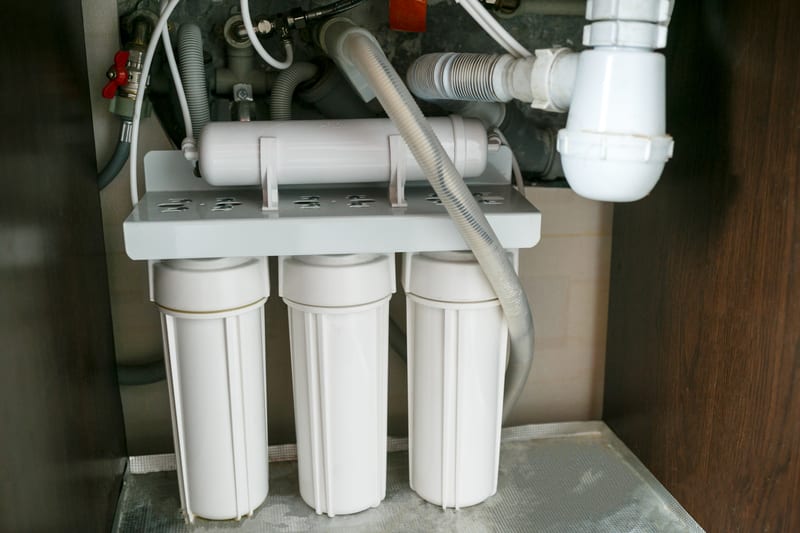
Reverse osmosis is widely used as a water processing and purification treatment that helps clear contaminants from water to make sure it’s safe to consume. However, it is ironic when the pure water starts smelling fishy.
Of course, this is not always the case and, for the most part, it is caused by organic material in the water source and doesn’t always mean harmful contaminants in the water.
In the section below, we are sharing why the water smells fishy and how it can be fixed.
Reverse Osmosis Water Smells Fishy
Ranging from cadmium to barium metals and chloramine, these are some common elements that can result in a fishy smell in your water supply.
In the majority of cases, the fishy smell becomes more evident during the summer season as the algae blooms are more prevalent during this season, particularly in water reservoirs and lakes when they are exposed to warm water and sunlight.
So, let’s check out the reasons and solutions in detail!
1. Natural Occurring Material
The primary reason for the fishy smell coming from reverse osmosis water is the presence of natural and organic material in the water source. These odors can seep through the filter membranes.
Barium is a common metal that’s present in many mineral ores and has a high chance of seeping into pipes and wells, resulting in a fishy smell.
In the majority of cases, the EPA manages the barium in water to make sure it doesn’t exceed the normal value. In addition to barium, cadmium can also inculcate in water through fertilizer and industrial waste contamination.
2. Chloramine
The second reason behind the fishy smell in water may be chloramine. This is a chemical compound created by combining ammonia and chlorine.
It is widely used for disinfecting public water sources and results in an unpleasant smell in the water.
3. Algal Blooms
The third and last reason behind the fishy smell in reverse osmosis water is algal blooms. In the summer, many water reservoirs and lakes have an increase in the blooming of algae.
It happens when there is direct sunlight and a warmer temperature in the water which are conducive to algae growth. Usually, the water treatment plants get rid of all the algae, but any leftover particles can result in a weird smell.
It does not pose any harm to human health, but it is suggested that you notify your water company about the issue to make sure the water is purely safe.
Solutions to Try
Now that you understand the main reasons behind the fishy smell in the water, let’s see what you can do to fix these issues.
- First of all, you can start by flushing the water pipes to make sure the loose contaminants and debris are eliminated from them. However, you need to remember that it’s a temporary solution, and you will probably need further solutions.
- The second solution is to increase the chlorine levels in the water source as it helps to kill algae and germs.
- The third solution is to call the water company to discuss the issue with them, and they will send a technician to inspect the water reservoir as well as the pipes to determine the root cause and find a solution accordingly.
- Add a charcoal filter at the end of the water line. Charcoal is excellent at removing unpleasant odors and tastes.
- Another solution is to use a chlorine chemical feed system because it works in association with a water-holding tank to kill the bacteria or algae which could be causing the smell. In addition, these systems can help oxidize the iron to streamline the filtration process.
- Last but not least, you can try using residential water filtration systems as they can clear cadmium and barium, along with every other chemical component, to make the water safe.
The Bottom Line
For the most part, the fishy smell in the water is usually harmless, but it might be irritating for some people.
In addition to the above-mentioned solutions, you can opt for UV-filtered and carbon-filtered coolers to eliminate the presence of contaminants and bacteria, which improves the smell of water.

